Hey Trump, Who’s the Real Garbage?
Robert
Freeman for Common
Dreams
Former U.S. President Donald Trump just
gave Vice President Kamala Harris what might prove to be the most effective
line of attack for the entire presidential election campaign.
On a telephone call-in to Fox & Friends, Trump
said Harris was “real garbage.” It was typical of Trump’s ad hominem
attacks against all of his opponents.
But such attacks have never really been effectively parried,
so he’s gotten away with them. They’ve worked. Everybody remembers “Crooked
Hillary,” “Little Marco,” and other epithets.
But since it was Trump who uttered the line, it is now fair
game for Harris to take it up and use it against him. It will be utterly
devastating, throwing back into his face the truth about who he is.
First, let’s remember who Kamala Harris is.
She has a law degree from the University of California
Hastings School of Law. In 2003, she was elected district attorney of San
Francisco. From there, she was elected attorney general for the state of
California. In 2016, she was elected to the U.S. Senate, the second
African-American woman to serve in the Senate and the first Asian-American
woman to serve.
In 2020, she was elected vice president of the United
States, receiving over 81 million votes on the ticket with Joe Biden. That is
almost 8 million more votes than were cast for Donald Trump. She is the first
woman ever to hold that office, the highest elective office in the U.S. ever
filled by a woman.
She has performed those duties for a president, Joe Biden,
who is already ranked as the 14th best president in American history by
154 presidential scholars. In that same survey, Trump was voted the worst
president in history.
This is the profile of one of the highest achieving women in
the history of the country, and a double-minority one, to boot. In no world is
it even close to “garbage.”
But since Trump offered the opening, Harris should make it a
standard part of every appearance she makes—from rallies to debates—asking,
“Who’s the real garbage?” And then, marching through the astonishing litany of
Donald Trump’s character as revealed by his own actions.
For example…
Donald Trump has accused me of being “real garbage.” I’m
serious! Let’s take a look at who’s the real garbage.
I’m not a convicted criminal. He is. Thirty-four times over! So, who’s the real
garbage?
I never had an affair with a porn star and tried to hide it by buying her off
to keep her quiet. He did. So, who’s the real garbage?
I don’t owe more than half a billion dollars(!) in legal judgements for
things like tax evasion and defamation, but he does. So, who’s the real
garbage?
The Washington Post says—and I’m quoting here—“Trump Was Found to Have Raped E. Jean Carroll.” Let me say
that again. This is the headline. Quote: “Trump Was Found to Have Raped E. Jean Carroll.” RAPE! So,
who’s the real garbage?
My boss wasn’t ranked the worst president in American history by a group of
154 presidential scholars. HE was. The worst president in American history.
Look it up. So, who’s the real garbage?
I didn’t try to overturn a presidential election and steal the votes of 81
MILLION people who voted for Joe Biden and me. He did. So, who’s the real
garbage?
And, I haven’t been lying about it for four years because I couldn’t admit that
I was a loser. But he has. He’s not just a loser. He’s a sore loser, which
everybody hates. So, who’s the real garbage?
I didn’t inherit $413 million from my daddy, and then pretend for
decades that I was a self-made man. But, he did. So, who’s the real garbage?
I didn’t go bankrupt six times while stiffing thousands of
workers of their rightful pay. All the while claiming to be a business genius.
He did. So, who’s the real garbage?
I’m not a pathological liar, telling more than 30,000 DOCUMENTED lies during four years in
office. THIRTY THOUSAND! But he did. So, who’s the real garbage?
Very quickly, the refrain will be taken up by everybody in
the audience, in a question-response manner that will become a signature
statement of the campaign. It will carry from rally to rally, through the
convention, naming the lowlife for what he is, in a way that he will never be
able to escape.
This is so important. We can already see that Trump is going
to wage a vicious, scurrilous campaign. Harris cannot let him control the
narrative, nor define her in his terms, as he’s trying to do with “real
garbage.” Trump’s prior opponents have mistakenly allowed him to do that.
“Who’s the real garbage?” needs to become the “Lock her up”
of Harris’ campaign. That is, the repeated, raucous, reflexive recitation of
contempt for Trump that becomes embedded into the culture and, therefore,
larger than life.
“Who’s the real garbage,” curated to an epigram in the
culture, can become the four-word death knell for Trump’s re-election bid,
exposing in his own words, and illustrated by his own actions, just how unfit
he is to be president. Every American will know it.
The deliciousness of it comes from the fact that it’s all
true, and that somebody, for the first time, is truly nailing Trump for who he
is. It will make him the central figure in the campaign, as he’s always so
desperate to be. He deserves no less. Nor do we.
Robert
Freeman is the Founder and Executive Director
of The Global Uplift Project,
a leading provider of educational infrastructure for the developing
world. He is the author of The Best One Hour History series
whose titles include World War I, The Cold War, The Vietnam War, and many others.

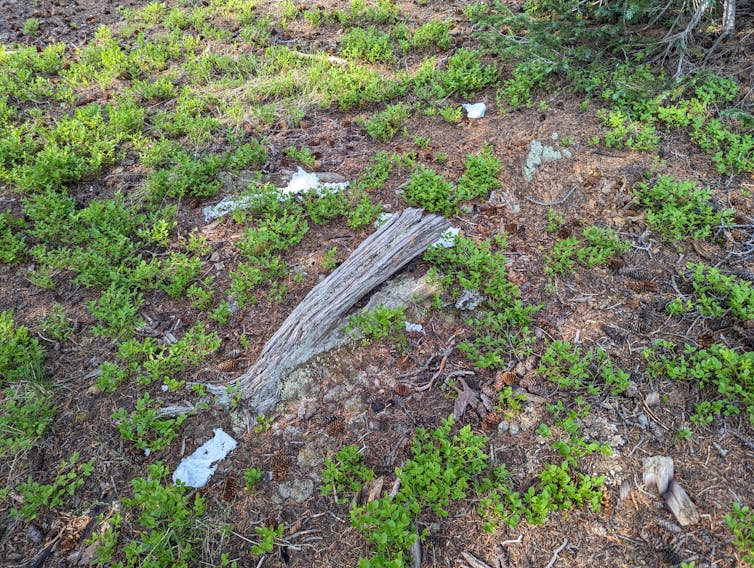



.webp)
.webp)


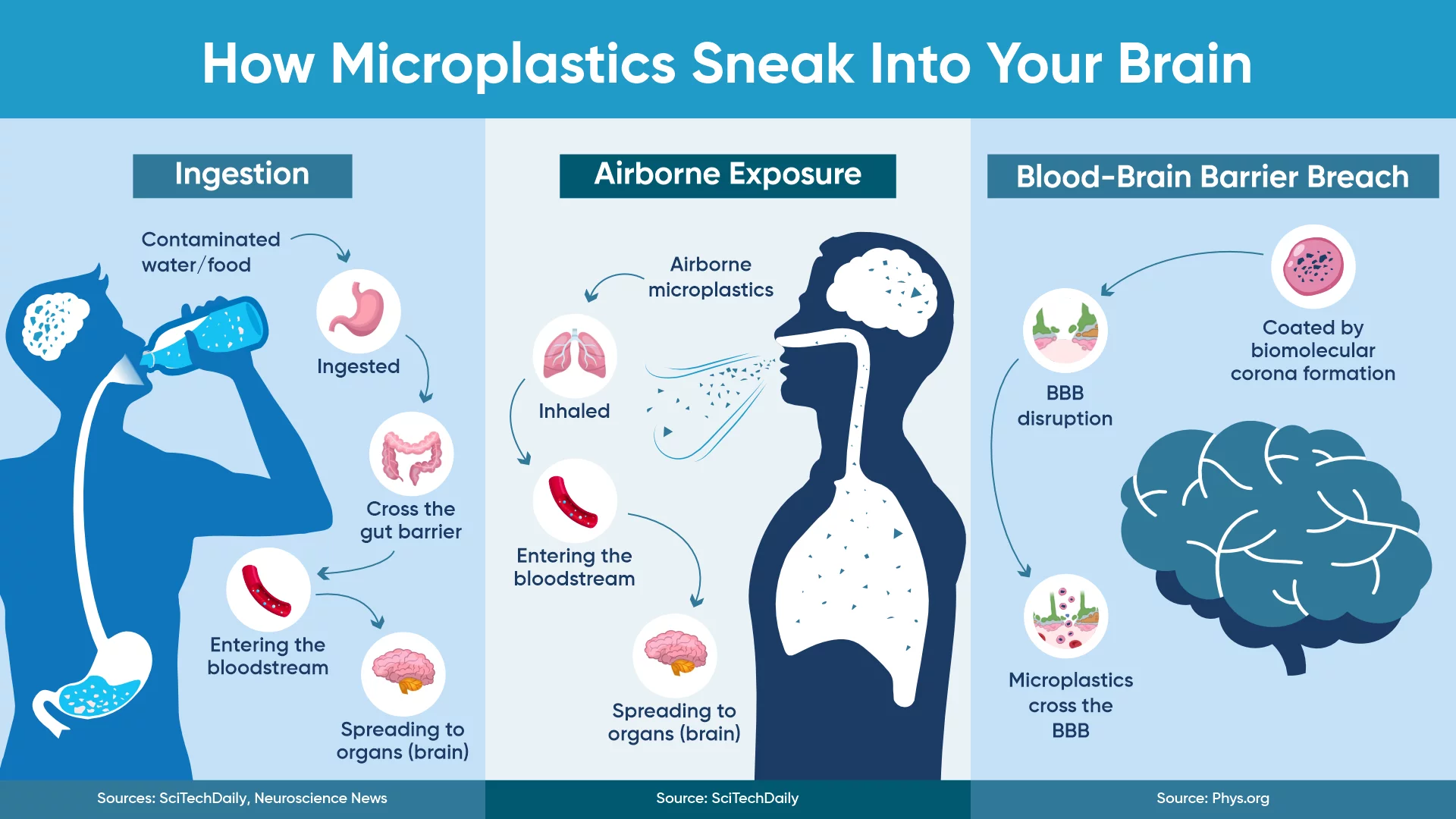
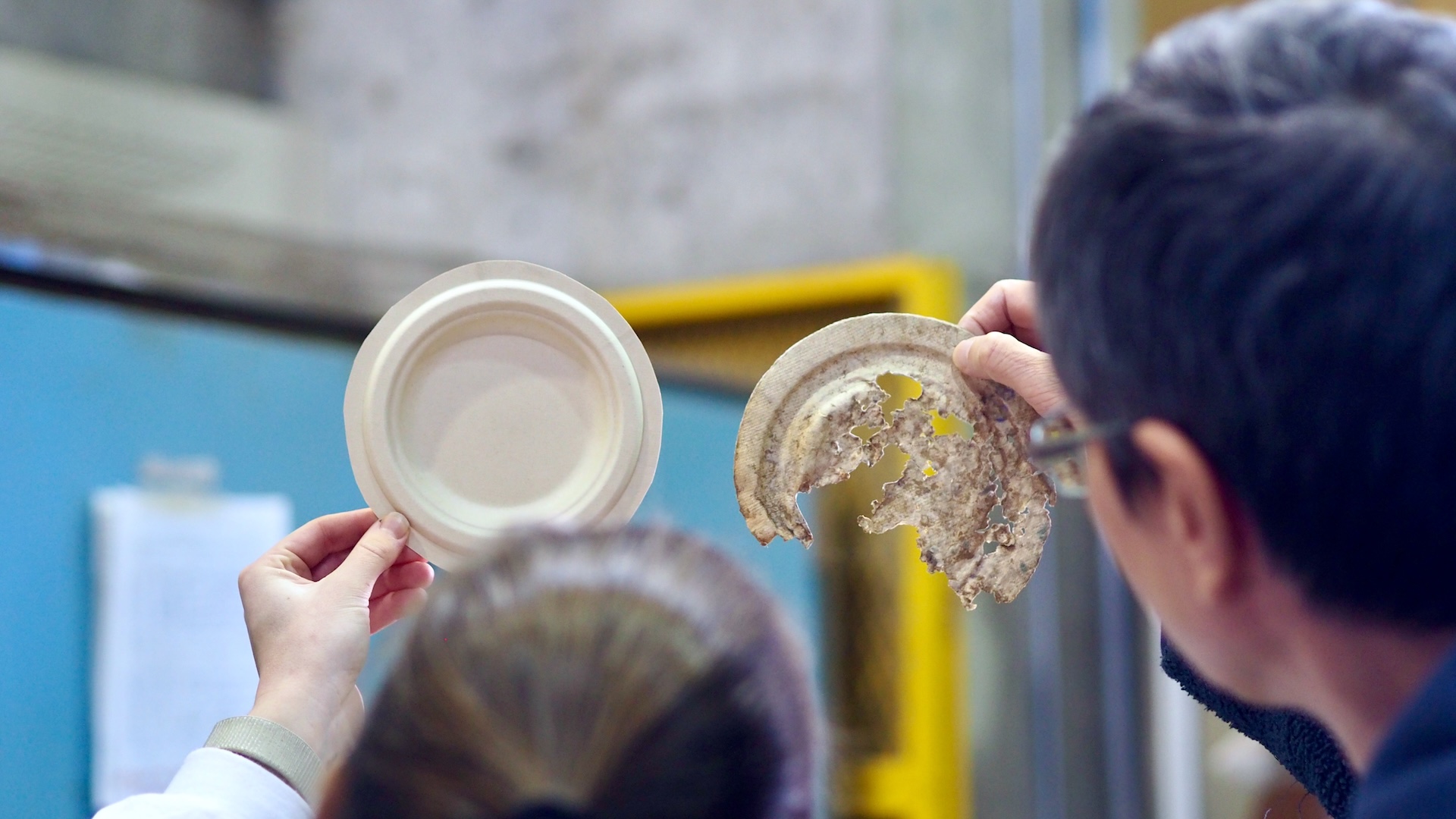

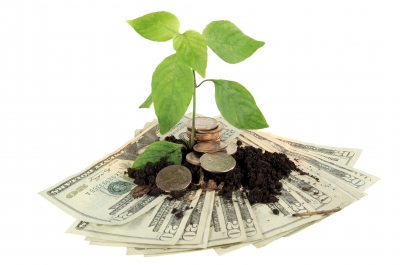
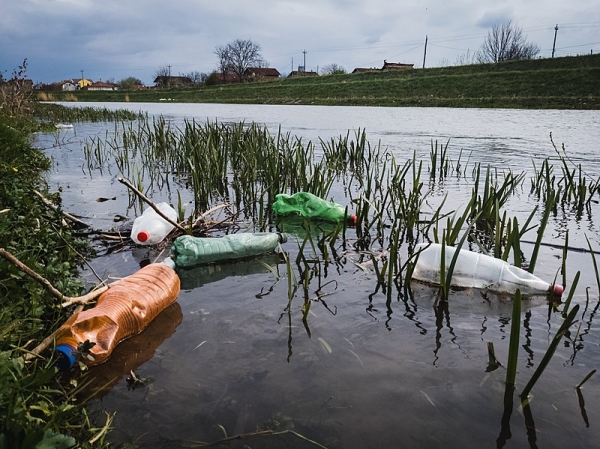

.webp)
.webp)

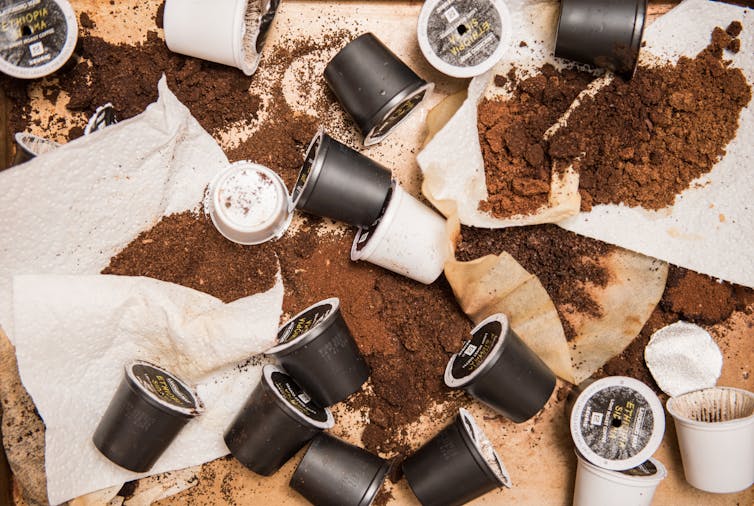

.webp)